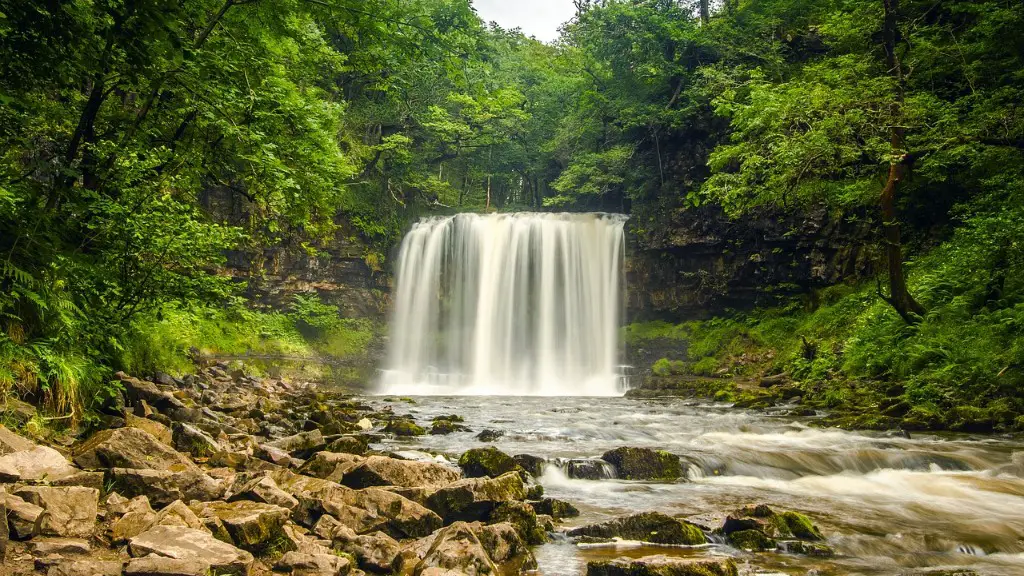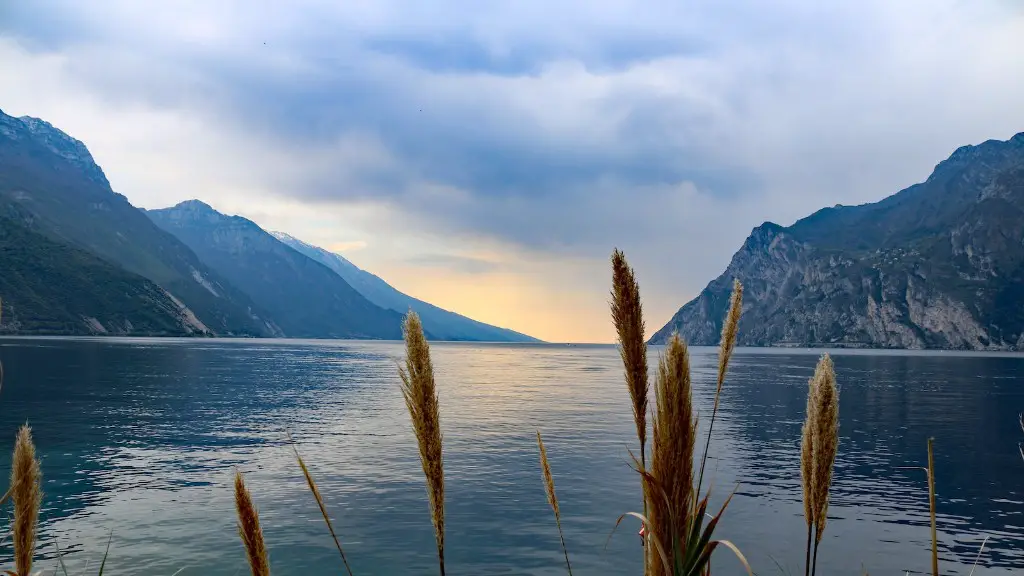Egyptian Agriculture
The Nile river is essential to Egypt as its waters are used in agriculture, providing essential nutrients to fertilize the land, irrigate crops and enable unified and sustainable agriculture throughout the land. The water is also essential in providing a transportation system and vital communication link between population centres and the agriculture hubs of Egypt. The Nile provides the country with access to vital nutrients and minerals in order to grow crops, meaning a healthy and balanced diet for the people of Egypt and an industry for exploitation and export with vital income to the nation.
The Nile is partly responsible for the creation of the rich fertile soil that exists on either side of it, making it ideal for agricultural purposes and this is complemented by the fact that the river brings with it many vital minerals, nutrients and rich organic material to help fertilize the area’s land. This rich soil is perfect for the growing of crops such as grains, fruits, and vegetables, all of which are essential for not only domestic consumption but for exportation as well. These crops are vital export articles for Egypt and a vital economic resource providing foreign currency into the nation.
The efficient irrigation systems used throughout Egypt are also a result of the availability of water from the Nile. This system, which allows farmers to effectively and quickly irrigate their crops and allow them to reap a better harvest, ensures that even in times of drought, when the river is at a low level, they can still water their land through the system’s use of pumps and channels.
Affect on Industrialization
The River Nile also has a significant part to play in the industrialization of Egypt. It is one of the few natural resources and assets which the country has available to it and it is used for many different purposes including generating electricity for power plants, providing water to factories and industry, and transporting goods and materials from one place to another. The Nile is also vital in providing drinking water and in providing the people of Egypt with the means to maintain the natural environment in which they live.
In addition, the River Nile is also important for the production of cotton. Cotton is the primary raw material utilized in textile production and the River Nile is an invaluable source of water for this industry. Irrigation is used to cultivate this crop and to ensure that it is given the best possible chance of thrive and survive. Egypt is one of the largest cotton producing nations in the world and this is largely due to the use of the River Nile and the way in which it supports and aids the development of this industry.
Political Relevance
The Nile is also important politically. It is one of the key components in the relationship between Egypt and neighbouring countries, such as Sudan and Ethiopia, who also both use the river. Much of the political tension between Egypt and its neighbours is focused on the use of the River Nile and how it should be divided and shared between them. Political treaties and agreements are often based on the use of the Nile and its resources, making it an invaluable asset to Egypt in terms of its foreign policy.
As well as providing water for domestic use, the Nile is also a major factor in the tourism industry in Egypt. Tourists are attracted to the country primarily due to its stunning landscapes which are magnified by the exotic and unique features of the river. This provides the people of Egypt with vital tourism revenue, further increasing its overall economic importance.
Religious Link
For many Egyptians, the importance of the Nile goes beyond just the daily agricultural and economic benefits it offers. For religious reasons, the river is seen as a sacred element of life. Many ancient religious traditions and artifacts have emerged from the river’s shores, providing a link to their ancestors and the beginnings of human life in Egypt. People still flock to the banks of the Nile to take part in prayers and ceremonies, which further emphasizes its important spiritual aspect.
For many of the ancient Egyptian religious practices, the Nile was seen as the primordial source of all life, and its importance is further highlighted in the fact that it was used as the backdrop to many legends and stories surrounding their gods. These stories often featured the Nile in some way, and it acted as a connection between life and death and between the physical and spiritual realms, becoming an integral part of their religion.
Environmental Influence
The River Nile is also important to the environment of Egypt, providing a natural habitat and source of sustenance for many species of wildlife which reside there. The river is home to a vast array of wild animals and birds, some of them unique to the area, and serves to provide a buffer between the desert and agricultural lands which surround it. This diversity of wildlife helps prevent the spread of human habitation, keeping it at bay and allowing for the preservation of traditional methods of agriculture and food production which have been perfected across centuries.
The presence of the River Nile has also had a significant effect in controlling and mitigating the effects of flooding. Many parts of Egypt are particularly prone to flooding, and the presence of the river has helped to minimize the damage caused by such events, providing safe havens and routes away from potentially destructive areas.
Finally, the River Nile is a vital source of water for drinking and for other uses, providing clean, fresh and healthy water for people, animals and plants alike. As water shortage becomes an increasing concern within Egypt, so too does the importance of the Nile and its ability to foster a sustainable environment.
Societal Structure
The importance of the Nile to the people of Egypt can be traced back to Ancient Egyptian civilization. Back then, it provided a major source of sustenance to a population which was often threatened by drought. The river allowed people to grow crops, irrigate their land, hunt and fish, and build settlements alongside it. This gave rise to the beginnings of civilization, which has been further built upon to create the society we know today.
The river also provided a basis for the societal hierarchy of Ancient Egypt, with those living closest to it enjoying the most access to its resources. This gave them the most power and influence, with the royal families of the time often making their home alongside the river due to its prevalence as a food and water provider.
For centuries, the River Nile has provided a consistent source of sustenance to the population of Egypt, and its importance in providing access to resources such as food, water and land has only increased over time. Today, it continues to play a major role in the economy and welfare of the nation, and its importance to understanding life in Egypt cannot be overstated.
Archaeological Significance
The Nile has been an important part of the history of Egypt, with many archaeological sites being located along its banks and within its floodplains. These sites are incredibly important, not only in providing evidence of cultures and societies which existed alongside it, but also in providing a tangible link between the people of today and their ancestors.
Many artifacts, monuments and monuments to lost civilisations lay beneath the waters of the Nile, and as archaeologists continue to explore these sites, more and more about the region’s past is revealed. The importance of these sites should not be underestimated, as their discoveries and research have broadened our understanding of the past and the people and cultures which have left behind a vast amount of evidence.
Novelty
As a constant in the lives of everyone living close to its waters, the Nile also offers solace, provide beauty and relaxation to those who live or visit it. From the fishermen to the tourists, the Nile provides many for whom it offers a natural place to relax. Whether walking through its lush vegetation, listening to its many birds or watching the waters roll by, its beauty and unique atmosphere make the Nile a place people come to enjoy and, in some way, to understand and reconnect with the past.
The Nile is also an essential part of the daily lives of the opposite river banks. The Egyptians, Sudanese, Ethiopians and other peoples who use this river share a strong bond, one which is based on the many benefits and services it continues to offer them. The Nile, therefore, is a source of pride for those it serves and for those who have made it such an integral part of the stories, myths and the languages of the people who call it home.
The importance of the Nile to Egypt and its people cannot be overstated. It is an essential resource, both economically and spiritually, and its importance is seen in every aspect of life in the country. It provides an essential connection to the past and serves as a vital link between the population of the region and its ancestors. It shapes the landscape and provides a unique and beautiful ecosystem, while also fulfilling its more practical roles in providing food and resources.


